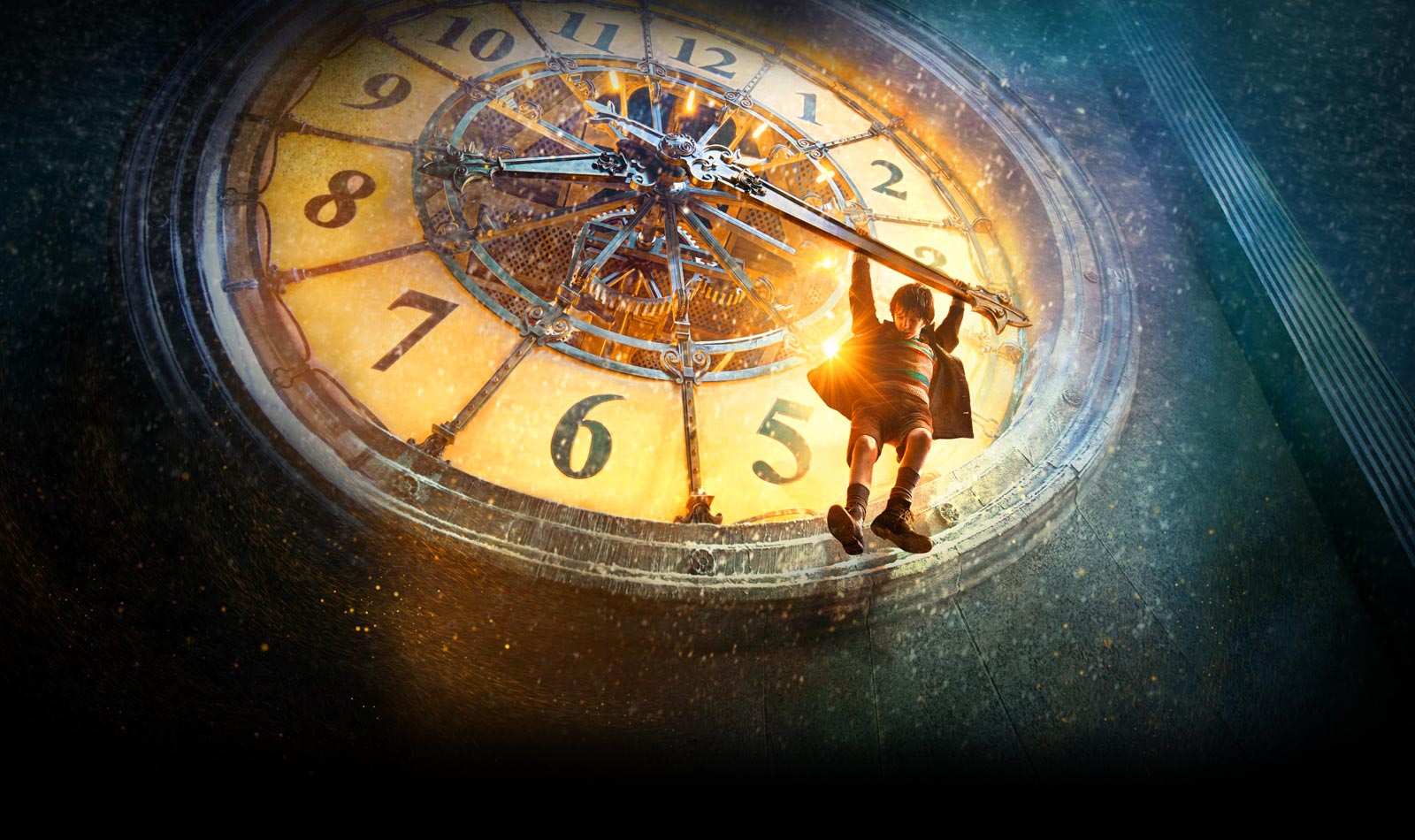“Now you’re not
naïve enough to think we’re living in a democracy are you, buddy? It’s a free
market and you’re a part of it” –Gordon Gekko, Wall Street (Oliver Stone, 1987)
“At the end of
the game, you count up your money. That’s how you find out who's best. It's the
only way.” –Bert
Gordon, The Hustler (Robert Rossen,
1961)
Martin Scorsese’s The Wolf of Wall Street (2013)
starts with an ad for Stratton Oakmont; the commercial makes us believe the
brokerage firm is a golden American institution, a pillar of financial
stability, as traditional, trustworthy, and established as if the Mayflower
passengers had etched the very name into Plymouth Rock. Cut to the nightmarish
circus of a rollicking party on the trading floor of the company—not unlike
what we’ve imagined went on in Rome before the fall (all but the roller-skating
chimp and snorting coke off hookers, of course)—and then freeze-frame on the billionaire
brokers tossing a dwarf at a huge velcro target, literally and figuratively
abusing the Little Guy. Stratton Oakmont is America, its founder proudly
proclaims in the ad. How horrifying is it to realize that he just might be
right?
The tale that follows the fictional commercial amounts to a nonstop
barrage of drug-fueled decadence adapted by Terence Winter from real-life
stockbroking swindler Jordan Belfort’s memoir. The book is a distant relative
of the truth, it’s been said, and the film is a distant relative of the book.
The humorous, “honest” movie poster of The
Wolf of Wall Street created by Uproxx titles the movie “Scarface for
Douchebags.” Although obviously meant as a joke, the film’s framing as a crime
movie points to the many parallels between Scorsese’s film and the gangster
genre, and raises the question, is Belfort even worse than the cinematic
mobsters the director seems to draw inspiration from? The filmmaker might be the best cinematic connoisseur of
charismatic sociopaths, and Henry Hill or Nicky Santoro ain’t got nothing on
Leonardo DiCaprio’s titular wolf. The
film’s brokers are avatars of an age of heedless
self-indulgence and greed, gangsters with fountain pens instead of guns,
slicing and dicing your bank account and putting your savings in a vise rather
than your head.
It has long been accepted that the mob has always been a cinematic
stand-in for the underside of American capitalism. As Frederic Jameson
eloquently puts it in “Reification and Utopia,”
“When indeed we
reflect on an organized conspiracy against the public, one which reaches into
every corner of our daily lives and our political structures to exercise a
wanton ecocidal and genocidal violence at the behest of distant decision-makers
and in the name of an abstract conception of profit—surely it is not about the
Mafia, but rather about American business itself that we are thinking, American
capitalism at its most systemized and computerized, dehumanized,
‘multinational’ and corporate form” (145).
Parts of this essay have appeared previously in my review of The Wolf of Wall Street.







